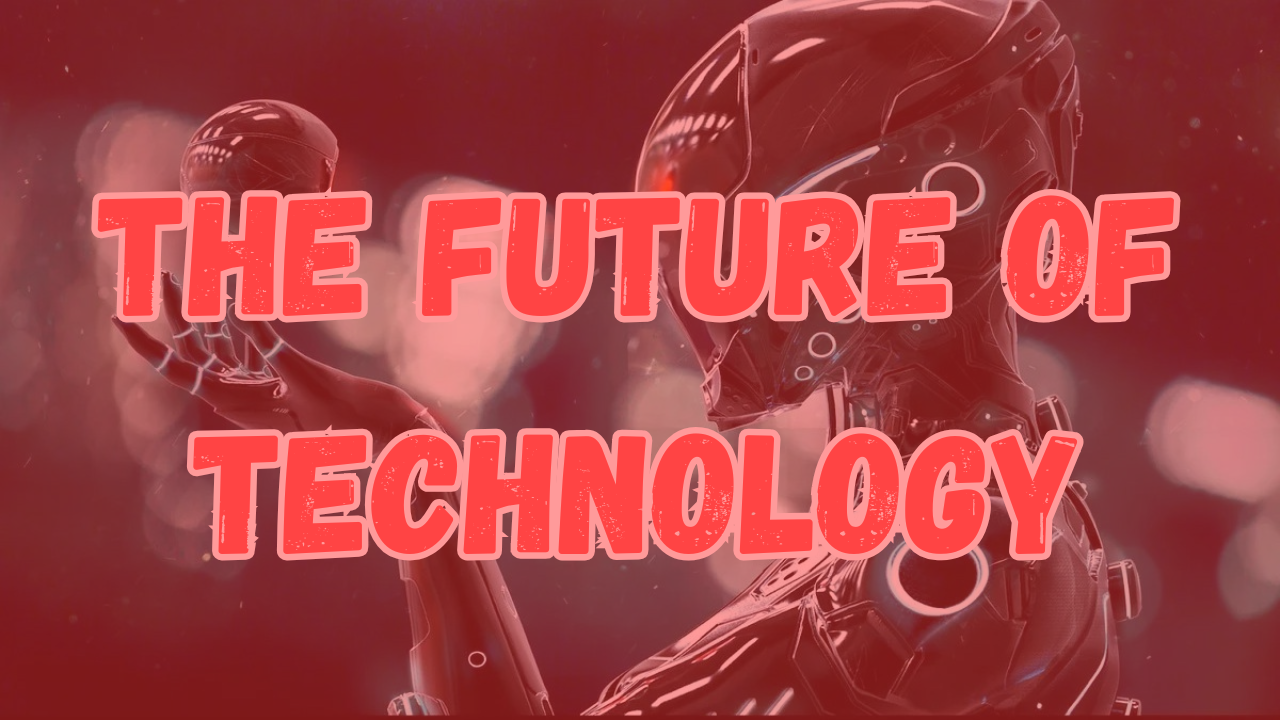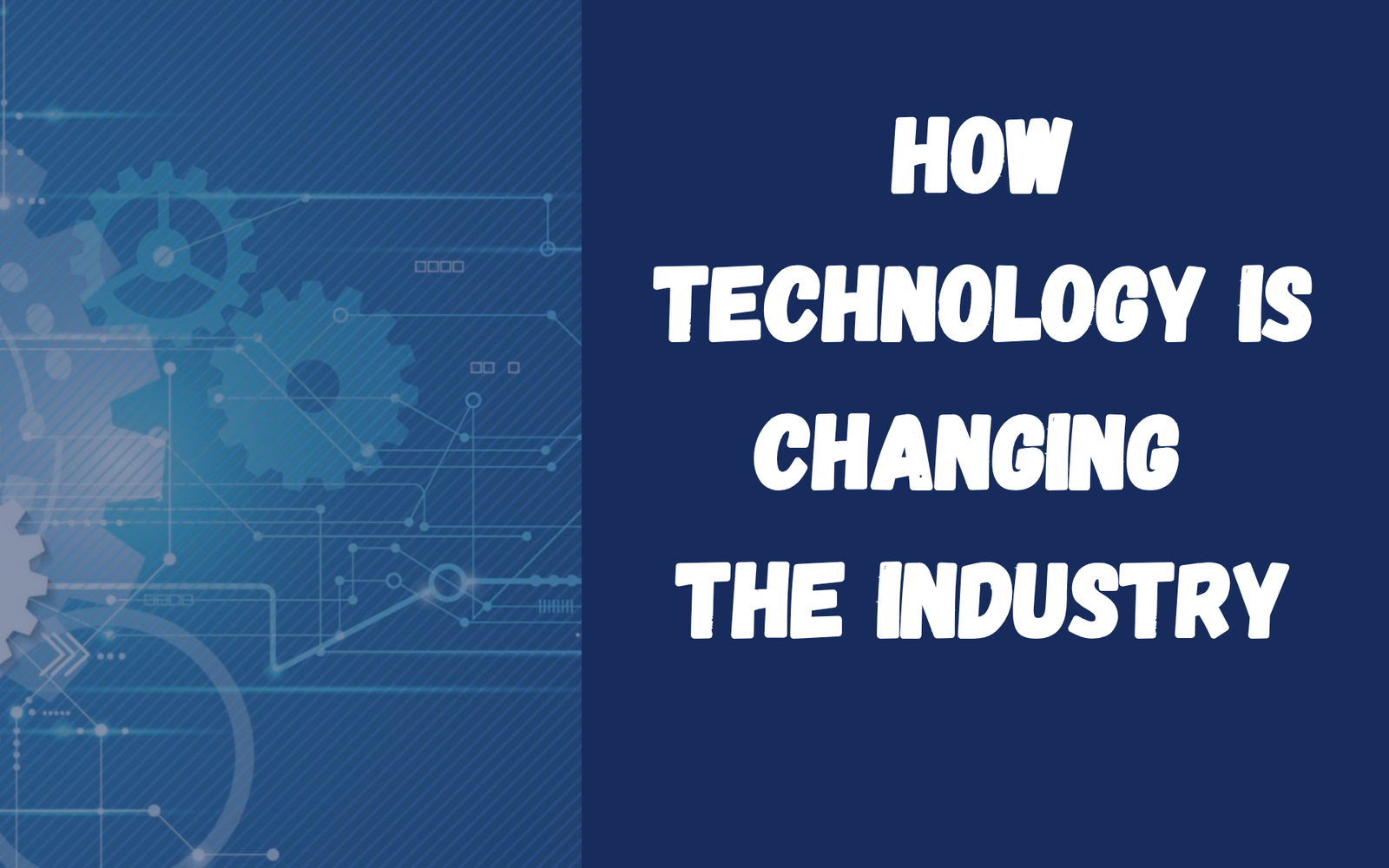People always ask me, “What is the future going to be like?” But predicting the future is tough, especially with the rapid pace of technological advancements. From brain chips to blockchain, here are 13 technology trends that might make you rich or make you cry, assuming they don’t kill you first.
1. Artificial Intelligence and Reasoning Models
Artificial Intelligence (AI) and new reasoning models like OpenAI 03 are revolutionizing the programming landscape. While these models can outperform humans in specific tasks, they still face challenges like high costs and simple task failures. Despite skepticism, AI continues to grow, with companies leveraging AI agents to automate and optimize processes in 2025.
2. AI Agents and Enterprise Solutions
AI agents are large language models with access to environments, enabling them to analyze data and take necessary actions automatically. These agents are being adopted by enterprises to replace human tasks, such as security monitoring and data management, making AI a pivotal part of business operations.
3. Rise of Robotics
Robotic technology is advancing rapidly, with companies like Tesla and Nvidia developing human-like robots and robotic assistants. These robots are expected to become common in homes and workplaces, offering assistance in various tasks and enhancing productivity.
4. Tech Job Market Trends
The tech job market has been volatile, with significant fluctuations in job openings and layoffs. However, the demand for skilled programmers remains strong, especially for those who can leverage AI to enhance their productivity. Talented programmers who can adapt to new technologies will find lucrative opportunities.
5. Brain Chips and Neuralink
In 2024, the first Neuralink brain chips were installed in real humans, offering superhuman abilities to control devices with thoughts. While widespread adoption of brain chips may not happen immediately, non-invasive brain wave scanners could become common in cars and VR headsets, transforming human-computer interactions.
6. Augmented Reality (AR) and Virtual Reality (VR)
AR and VR continue to evolve, with companies launching new products like Apple’s Vision Pro and Meta’s Ray-Ban smart glasses. Although VR adoption is still niche, augmented reality is gaining traction, offering new ways to interact with digital environments.
7. Quantum Computing Advancements
Quantum computing is making significant strides, with Google’s Willow chip reducing error rates in quantum computers. Although practical applications are still limited, the technology holds promise for solving complex problems in cryptography, drug discovery, and beyond.
8. Transition from C and C++ to Rust
The military and other organizations are transitioning from C and C++ to Rust, using tools like Tractor to translate code. Rust is gaining popularity for its safety and efficiency, making it a valuable skill for programmers looking to stay relevant in the evolving tech landscape.
9. JavaScript Frameworks and AI Tools
JavaScript frameworks are continuously evolving, with frameworks like Next.js and Svelte reinventing themselves. Developers are increasingly choosing frameworks based on their support for AI-powered tools, which can significantly speed up development and enhance productivity.
10. Cryptocurrency and Legal Ponzi Schemes
Cryptocurrency remains a dynamic field, with innovative strategies like MicroStrategy’s leveraging of Bitcoin to create self-sustaining financial models. New AI-powered altcoins are emerging, creating billions of dollars in value and offering opportunities for investors.
11. Influence of Global Leaders
The direction of technology and cryptocurrency depends on the actions of global leaders, including President Trump, President Elon Musk, and Federal Reserve Chairman Jerome Powell. Their decisions will shape the regulatory landscape and impact the growth of AI and other technologies.
Conclusion
The technological landscape is set to be even more wild and transformative. From AI and robotics to quantum computing and brain chips, these trends are redefining how we live, work, and interact with technology. By staying informed and adapting to these changes, we can navigate the future and harness the potential of these innovations.
FAQs
1. What are AI reasoning models?
AI reasoning models, like OpenAI 03, are advanced AI systems capable of thinking, inventing, and reasoning like humans. They are used to automate and optimize various tasks.
2. How are AI agents transforming enterprises?
AI agents analyze data and take necessary actions automatically, replacing human tasks in enterprises. They are used for security monitoring, data management, and other business operations.
3. What is the significance of brain chips?
Brain chips, like Neuralink, offer superhuman abilities to control devices with thoughts. They are transforming human-computer interactions and have potential applications in healthcare and beyond.
4. How is quantum computing evolving? Quantum computing is advancing with reduced error rates and increased computational power. It holds promise for solving complex problems in cryptography, drug discovery, and other fields.
5. Why is Rust gaining popularity among programmers?
Rust is known for its safety and efficiency, making it a valuable skill for programmers. Organizations are transitioning from C and C++ to Rust, enhancing code security and performance.


